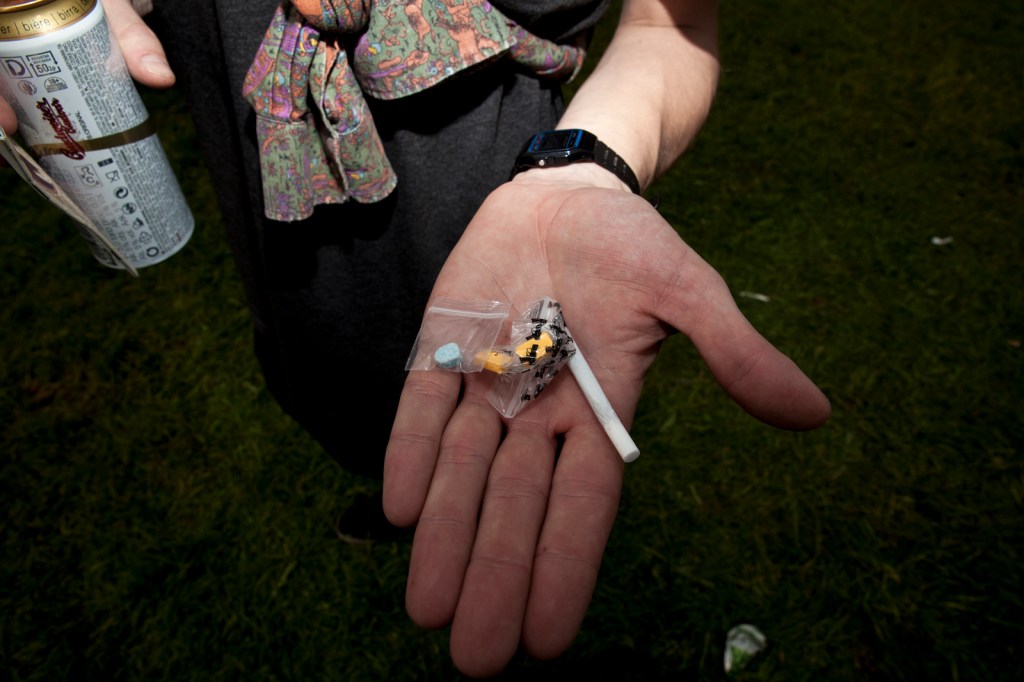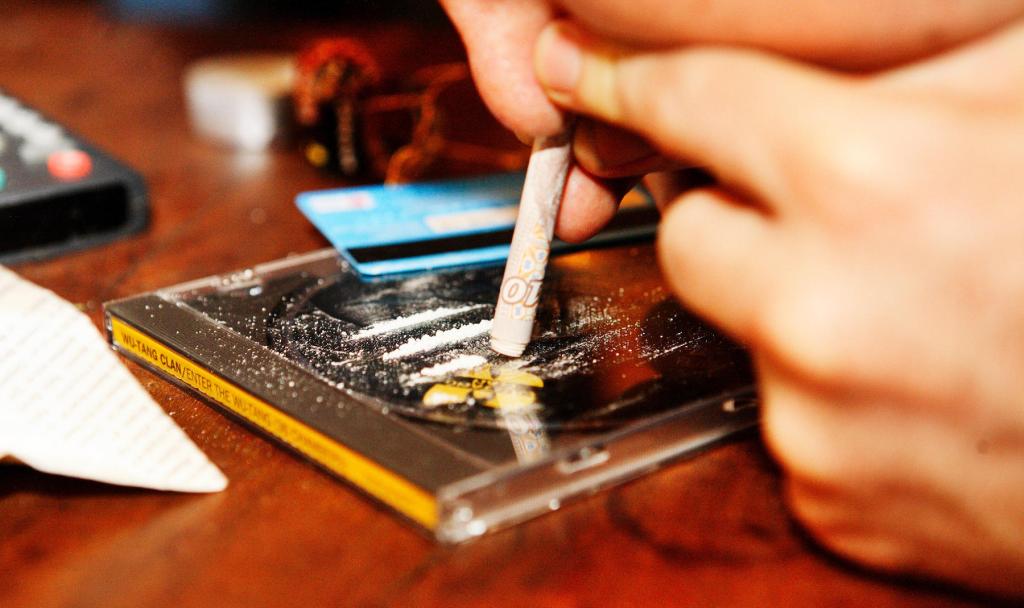Ecstasy purity has tripled in some parts of England in the last year, according to a nationwide drugs survey published today.
UK charity Drugscope’s annual survey revealed that police and drug services around the UK have seen the strength of Class A drugs – including ecstasy – double and even treble in some cities after several years of high adulteration.
Videos by VICE
Experts have suggested that two interlinked factors may have contributed to the upsurge in quality: falling wholesale drug prices and competition from cheaper but potent new psychoactive substances.
Statistics released by the government in September last year found that drug deaths had risen sharply in 2013. The survey points to a number of possible reasons for the rise, including an increase in the misuse of prescription drugs.
The findings follow the deaths of four men who died after taking a dangerous batch of “ecstasy” pills over the holiday period. The pink pills embossed with the Superman insignia were found to contain PMA, a toxic substitute of MDMA that is fatal in high doses.
Writing in the Guardian late last year, David Nutt, a professor of neuropsychopharmacology, said that the emergence of PMA was “one of the many examples of how prohibition of one drug leads to greater harm from an alternative that is developed to overcome the block”.
With the sudden upturn in purity and misselling of PMA as ecstasy, the need for drug-testing schemes to warn clubbers is the all the more pressing. Professor Fiona Measham who oversees a drugs testing scheme at The Warehouse Project in Manchester told THUMP that “the danger is fluctuating purity within an illegal market: the purity goes up and people get caught out and overdose. We’ve seen that with, for example, Nick Bonnie’s death at the WHP.”
Measham will advise Fabric on their drugs policy and undertake testing at the London club this year. Until now, the scheme, run by drug charity The Loop, has been based in the Midlands. Plans for a wider rollout are unlikely, as Measham revealed that the Home Office “were not particularly supportive” of the WHP scheme.
One of Nutt’s recommendations is to make drug testing available to the public, following the example of the Netherlands, to prevent further deaths. “[It] would not only warn users when they have purchased something that wasn’t what they were expecting but also allows the state to monitor the emergence of new, possibly more toxic recreational drugs and put out warnings,” he explained. Nutt served as a senior drugs advisor to the government until 2009, when he was sacked, by then home secretary Alan Johnson, after criticising plans to toughen up the law on cannabis.



